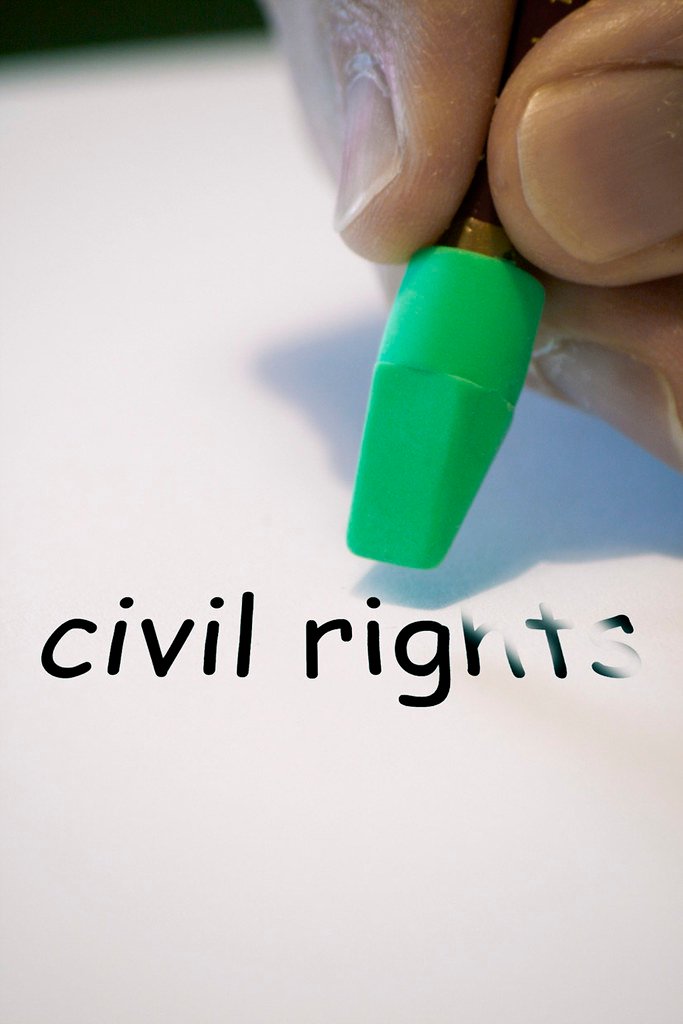
(Source: Reuters) A sweeping wave of firings, suspensions, and investigations has affected over 600 Americans who shared comments—ranging from celebrations to political critiques—after the assassination of conservative activist Charlie Kirk on September 10, as uncovered by a Reuters investigation. The repercussions, many of which were supported or encouraged by high-ranking officials in the Trump administration and Republican lawmakers, have altered the discussions surrounding free speech and political retaliation in the United States.
The individuals targeted included teachers, nurses, police officers, soldiers, pilots, academics, baristas, and government employees from 45 states. While some openly celebrated Kirk’s death, others expressed criticism of his political views or voiced concerns regarding gun violence. Several individuals claimed their posts were taken out of context, including Lauren Vaughn, a kindergarten assistant from South Carolina, who referenced a previous statement by Kirk about gun fatalities being “worth it” to maintain gun rights. She asserts that her intention was to encourage reflection—not to celebrate—and is now pursuing legal action after her termination.
The backlash on social media escalated swiftly within minutes of Kirk’s passing. Prominent right-wing personalities like Libs of TikTok and activist Scott Presler shared screenshots of comments and named employers, urging their followers to seek repercussions. Their posts frequently tagged officials from the Trump administration.
In numerous instances, employers experienced a surge of furious calls, threats, and organized pressure campaigns.
Republican leaders have openly endorsed the punishments. President Donald Trump likened Kirk to Martin Luther King Jr. when awarding him the Presidential Medal of Freedom posthumously. Vice President JD Vance urged supporters to “call out” critics and contact their employers—comments that helped accelerate efforts to pressure companies and universities. Some GOP lawmakers further threatened to cut funding to public institutions unless they dismissed employees who criticized Kirk.
Educators were the primary targets. Over 350 teachers, professors, and school administrators faced disciplinary actions, frequently following online campaigns that accused them of endorsing violence.
At Clemson University, climate scientist Joshua Bregy was dismissed after state lawmakers—and Trump himself—demanded the university’s defunding. He is currently suing, alleging political coercion.
This crackdown has been likened to the purges of the McCarthy era, with legal experts cautioning about an unprecedented level of government interference in pressuring private institutions to penalize political expression. Civil liberties organizations contend that these methods infringe upon First Amendment rights by leveraging political power to silence dissenting opinions.
Some conservatives, such as Sen. Ted Cruz, have expressed worries regarding government-led punishment initiatives. Conversely, others have welcomed the firings as a form of moral accountability. So far, at least 19 lawsuits contesting these dismissals have been filed, with two plaintiffs already reinstated.
Meanwhile, several victims of the campaigns have reported receiving death threats, doxing attempts, and harassment so severe that some plan to sell their homes. Florida Atlantic University professor Karen Leader, who criticized Kirk’s record and was placed on leave after being targeted online, says she now rarely leaves her apartment due to threatening messages and warnings that “we’re coming to get you.”
For many, the episode illustrates a dramatic shift: Republicans who long decried “cancel culture” are now actively wielding its tools—backed by the power of government—to punish political dissent.



